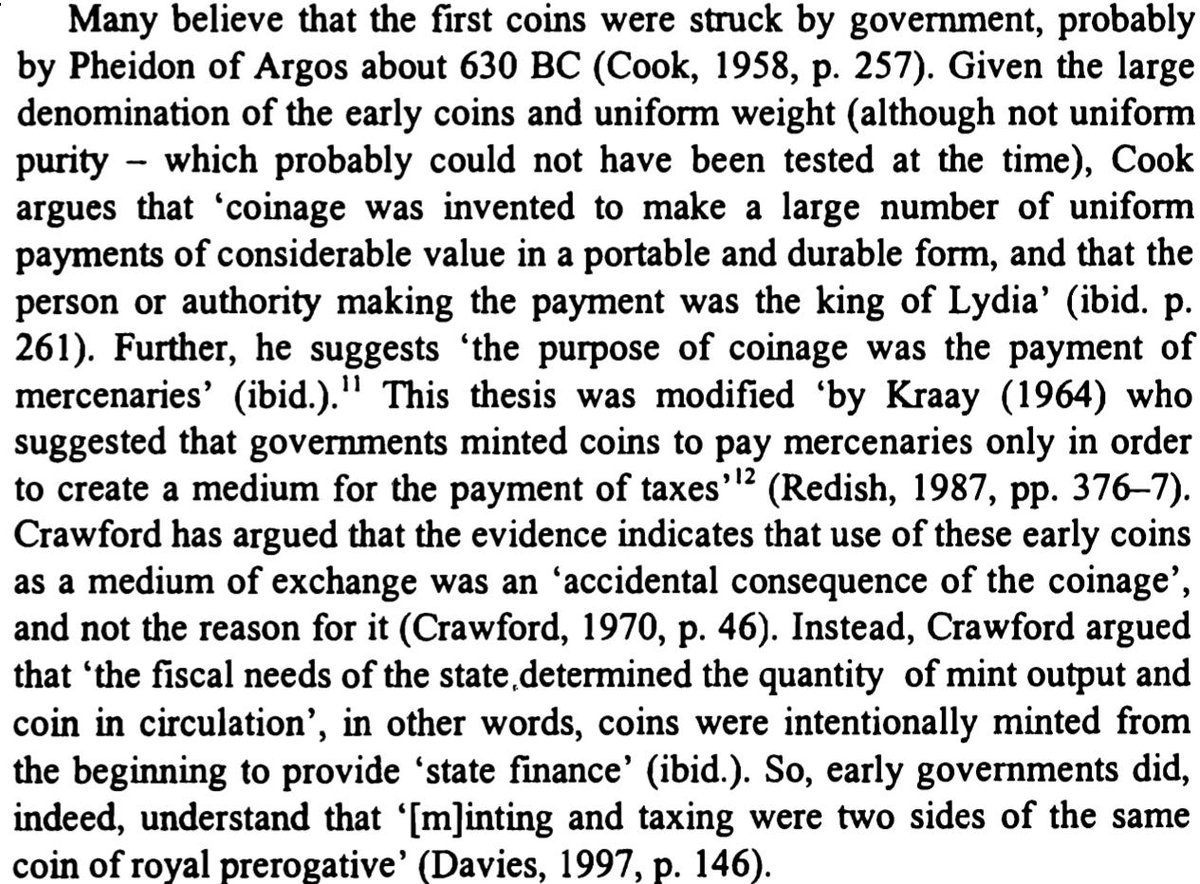
Decentralizing the Internet in a tweet:
Embed details for a fidelity bond and associated list of TLDs in nameserver's SOA record; client resolvers can compare age and amount locked in fidelity bond to decide which NS is authoritative for a given TLD
That's it, that's the tweet
Embed details for a fidelity bond and associated list of TLDs in nameserver's SOA record; client resolvers can compare age and amount locked in fidelity bond to decide which NS is authoritative for a given TLD
That's it, that's the tweet
(Whether offering alernatives to the root nameserver is enough to count as 'decentralizing the Internet' is an open question, but it's at least a step in the right direction IMHO.) 



Every attempt (that I know of) to compete with current ICANN / IANA root servers - Namecoin, Handshake, OneName, OpenNIC, and so on - ends up running into the land rush problem.
Namely: how do you stop squatters from ruining your new namespace?
Namely: how do you stop squatters from ruining your new namespace?
https://twitter.com/arbedout/status/1272558799883243522?s=20
If early adopters can acquire names at a cheaper cost than those who show up later, or to squat on popular names, then potential users should rightly ask why they'd bother bearing the switching costs of moving over to a new namespace instead of sticking with the ICANN regime. 



Allowing multiple nameservers to claim authority over TLDs, and then leaving it to users to decide which NS to prefer based on how many coins they've locked up in a Joinmarket style fidelity bond[1] elegantly sidesteps this issue.
[1]
[1]
https://twitter.com/bitcoin_experts/status/1422094727592259585?s=20
Want to lay claim to a popular TLD? Lock up some coins, publish bond details in your SOA record, and let users decide whether to trust your claim.
Want to claim a TLD someone else is squatting on? Lock up more coins for longer.
Result: a sort of perpetual auction for TLDs.
Want to claim a TLD someone else is squatting on? Lock up more coins for longer.
Result: a sort of perpetual auction for TLDs.
I have a feeling this is one of those tweetstorms that randos are going to yell at me for, so I'll end it on this note: 

• • •
Missing some Tweet in this thread? You can try to
force a refresh


















